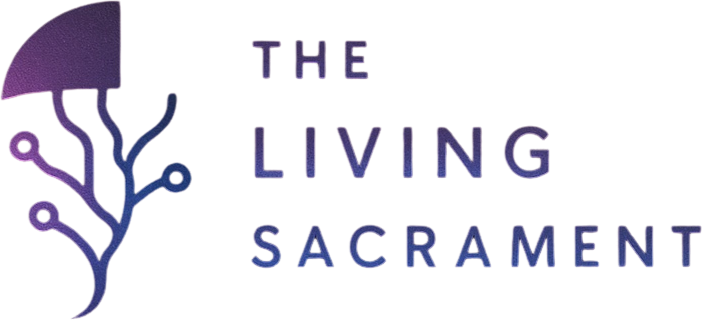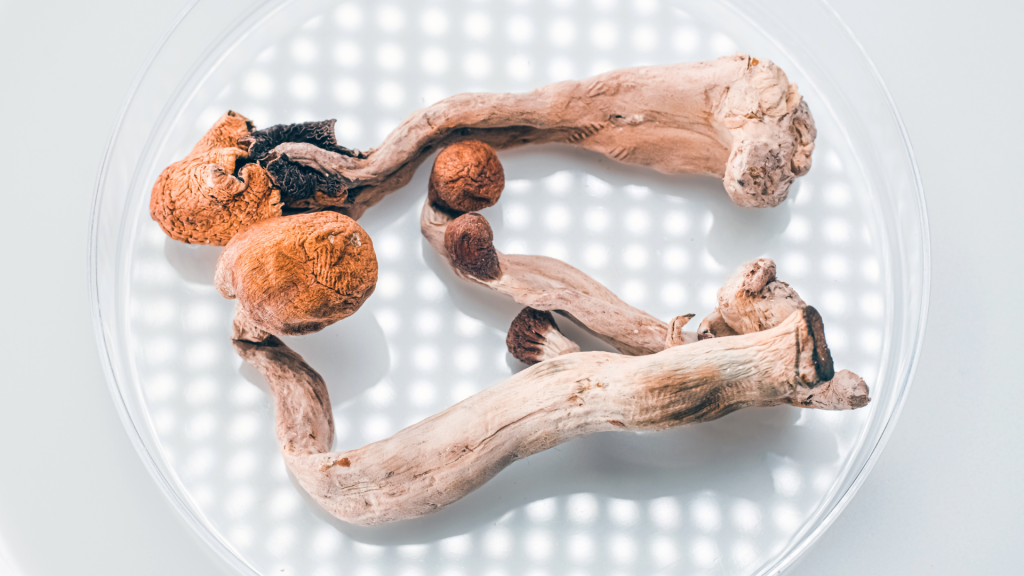Magic mushrooms sit in a curious space between medicine, ritual, and curiosity. Some say they expand awareness; others worry they might lead to dependence. When I first looked into the science behind psilocybin, the main compound in these mushrooms, it surprised me how different it was from the substances most people associate with addiction. So, are magic mushrooms addictive? Let’s look at what research says.
What’s Inside a Magic Mushroom
Magic mushrooms contain psilocybin, which the body converts into psilocin after ingestion. Psilocin acts on serotonin receptors in the brain, mainly the 5-HT2A type. This shift in brain chemistry alters mood, sensory perception, and the sense of self. It’s responsible for the “trip” people experience.
Unlike drugs that stimulate the brain’s reward system, such as nicotine or cocaine, psilocybin doesn’t flood the brain with dopamine. That means it doesn’t reinforce repeated use in the same way. Instead of making you crave more, it temporarily changes how your thoughts and emotions flow.
What Addiction Actually Means
Addiction involves several key factors: tolerance, withdrawal, craving, and continued use despite harm. Most addictive substances act through dopamine, creating strong reward signals. Psilocybin works differently. It primarily interacts with serotonin, a neurotransmitter linked to mood and perception.
Because it doesn’t drive the brain’s reward circuits, psilocybin doesn’t create the same compulsive urge that fuels addiction. It changes awareness but doesn’t create dependency in the biological sense.
How Tolerance Works
One of psilocybin’s built-in safeguards is how quickly the body develops tolerance. After just one use, the effects of another dose within a day or two are much weaker. Researchers think this happens because serotonin receptors temporarily downregulate after exposure.
Tolerance resets after about a week. This fast adaptation makes frequent use ineffective and naturally discourages overuse. Clinical studies space psilocybin sessions several weeks apart for this reason.
Can People Get Psychologically Dependent?
While psilocybin isn’t physically addictive, some users may develop a psychological attachment to the experience. They might feel drawn to the insights or emotions it brings. But this is more about fascination than compulsion.
A review in Regulatory Toxicology and Pharmacology found no evidence of physical dependence and only a minimal chance of psychological dependence in healthy users. It ranked psilocybin’s potential for abuse well below alcohol, tobacco, or caffeine.
When I first read that, it seemed counterintuitive. But addiction isn’t just about liking something, it’s about losing control over it.
Evidence from Animal and Human Studies
Animal experiments show that monkeys and rats rarely self-administer psilocybin, even when they have free access. That’s an important clue, because addictive drugs like cocaine or methamphetamine cause constant self-administration in lab animals.
Human studies show a similar pattern. Participants in controlled research at Johns Hopkins and other institutions did not develop cravings or withdrawal. In fact, most volunteers reported that one meaningful experience was enough.
The way psilocybin acts on the brain supports this. It quiets activity in the default mode network, the part of the brain involved in self-referential thinking and rumination. That shift can feel liberating, not addictive.
Psilocybin as a Tool for Treating Addiction
The irony is that psilocybin is now being studied to treat addiction. Research has explored its use for nicotine, alcohol, and opioid dependence. Participants who received psilocybin-assisted therapy often achieved higher long-term abstinence rates than those in standard programs.
This effect might come from psilocybin’s ability to enhance neuroplasticity, the brain’s capacity to rewire itself. By breaking rigid thought loops and increasing openness, it may help people escape the mental patterns that sustain addiction.
So while psilocybin doesn’t cause addiction, it might help treat it.
The Misunderstanding Around Frequent Use
Sometimes people assume that repeated tripping means addiction, but that’s usually not the case. Many who use psilocybin take long breaks between experiences to process what they’ve learned. Negative or difficult experiences also tend to discourage reckless use.
It’s not a substance people chase for constant pleasure. It’s more like a mirror that users need time to look away from.
What Researchers Conclude
A comprehensive review in Neuropharmacology assessed psilocybin using the eight recognized factors of abuse potential. It concluded that psilocybin carries minimal risk of dependence or compulsive use. There’s no withdrawal, no sustained craving, and tolerance fades quickly.
Across decades of study, psilocybin has shown one of the lowest abuse potentials among psychoactive substances. When used in guided or ceremonial settings, it tends to inspire respect rather than compulsion.
Not Entirely Risk-Free
Low addiction risk doesn’t mean zero risk. Some individuals experience anxiety, confusion, or panic during intense trips. People with a history of psychosis or bipolar disorder may be more vulnerable to negative effects.
There’s also what could be called “context dependence.” A person might begin to associate deep insight or creativity only with the mushroom experience. This isn’t biochemical addiction but can still create reliance on the state itself.
The Bottom Line
Psilocybin doesn’t act like an addictive drug. It doesn’t hijack dopamine, doesn’t produce withdrawal, and loses potency with frequent use. Scientists and clinicians describe it as non-addictive with very low abuse potential.
If addiction is about escape, mushrooms often do the opposite, they bring you face-to-face with what you might avoid. Most users find that one or two significant experiences are enough to create lasting change.
Magic mushrooms don’t pull you in; they ask you to pause, reflect, and maybe see life from a different angle.
Sources
- Johnson, M.W., Richards, W.A., Griffiths, R.R. Human hallucinogen research: Guidelines for safety. Journal of Psychopharmacology
- van Amsterdam, J., Opperhuizen, A., van den Brink, W. Harm potential of magic mushroom use: A review. Regulatory Toxicology and Pharmacology
- Tylš, F., Páleníček, T., Horáček, J. Psilocybin – Summary of knowledge and new perspectives. European Neuropsychopharmacology

